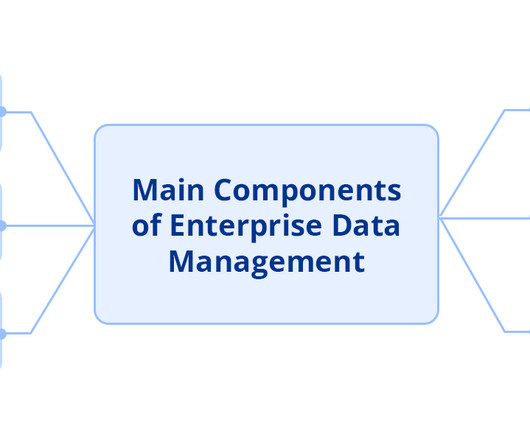Information Marts: Enabling Agile, Scalable, and Accurate BI
Astera
JANUARY 23, 2024
Businesses need scalable, agile, and accurate data to derive business intelligence (BI) and make informed decisions. Their data architecture should be able to handle growing data volumes and user demands, deliver insights swiftly and iteratively. What are Information Marts?













Let's personalize your content